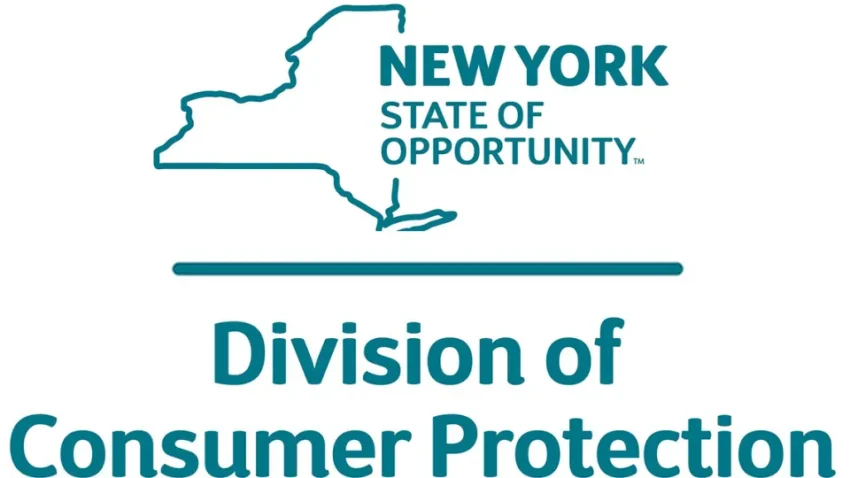
Albany, NY – August 2025 — As students across New York State begin or return to college, vocational, or graduate school programs, the New York Department of State’s Division of Consumer Protection is offering important guidance to help them avoid scams, protect their identities, and stay safe on campus. With nearly 300 higher education institutions — the second highest in the nation — New York welcomes thousands of students each year, many of whom are living independently for the first time.
“Starting or returning to campus is an exciting time in young adulthood, but it also comes with new responsibilities to stay informed about common scams that can put your personal information at risk,” said Secretary of State Walter T. Mosley. “Don’t let your college student get scammed as they head off on their own. As the academic year begins, I urge all New York students to read these simple tips to protect themselves and set the stage for a safe and successful year ahead.”
Among the scams targeting students are fraudulent scholarship or loan offers, in which scammers attempt to collect fees or personal information by posing as financial aid providers. Students are reminded that the official FAFSA application is always free through the government website and does not involve pre-approvals for loans or grants. Other scams include unpaid tuition threats, fake job or internship opportunities, fraudulent online textbook sales, rental scams involving nonexistent or already-occupied housing, misleading credit card offers aimed at identity theft, and counterfeit goods sold through fake social media stores.
The Division also warns students to be vigilant about identity theft. Criminals can misuse personal information to create false identities and open accounts or loans in the victim’s name, leading to costly and time-consuming recovery efforts. Students are encouraged to keep personal information private both in their dorm rooms and online, guard their Social Security numbers, securely store personal documents, and avoid sharing sensitive information by phone or internet unless they have verified the legitimacy of the request. Shredding pre-approved credit card offers and financial documents before disposal can also help reduce the risk.
Online safety is another key concern. Social media activity can inadvertently reveal personal details that cybercriminals use to guess passwords or security questions. Students should be cautious about downloading free apps, games, or music, which may be laced with malware, and should review privacy settings regularly. Before discarding old electronic devices, all personal data should be erased to prevent misuse. Additionally, payment apps should be used with care, as funds sent to scammers are often unrecoverable.
For those living on campus, especially first-time residential students, dormitory safety is essential. Fire hazards are a significant risk, with the National Fire Protection Association reporting that fire departments responded to more than 3,000 fires in dormitories, sororities, fraternities, and similar housing between 2018 and 2022. Students should locate smoke and carbon monoxide alarms, confirm they are functional, and know where the nearest emergency exits are located. Checking for working sprinkler systems and fire extinguishers, avoiding overloaded outlets, and following all electrical safety guidelines are critical steps. Students should also review emergency procedures for fires or carbon monoxide leaks and be aware of the dangers of lithium-ion batteries, which power many electronic devices.
By following these recommendations, students can take proactive steps to protect themselves from scams, identity theft, and safety hazards as they begin the new academic year. The Division of Consumer Protection encourages all students to remain vigilant, informed, and prepared, creating a safe and secure environment for both academic and personal success.



